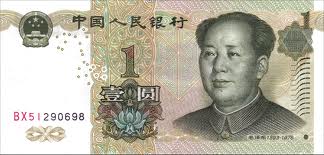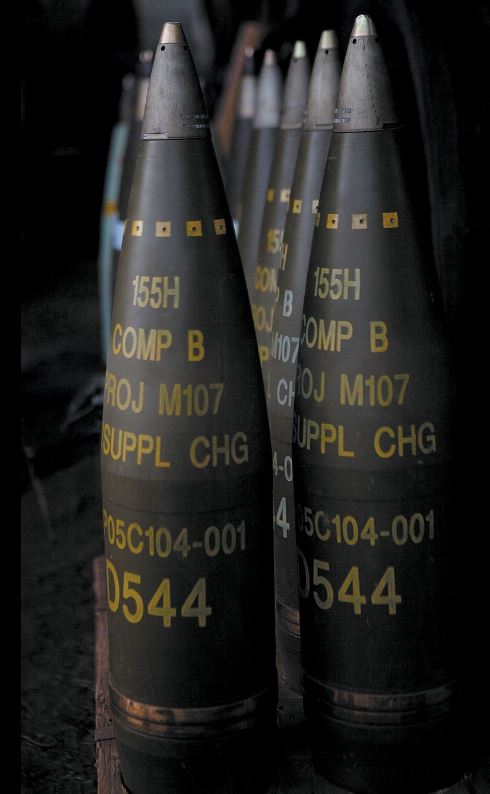Currency swaps and why they matter
Brazil’s biggest trading partner is not the United States as you’d imagine, it’s China. At the BRICS conference in South Africa, China and Brazil signed a $30 billion currency swap agreement. That agreement is for both countries to trade currencies so that when the U.S. dollar is at risk (it will be) these two countries can continue to trade not using the dollar to settle bills.
This has nothing to do with the maligned credit defaults swaps that you’ve read about. This is swapping currencies to ensure smooth trading between other countries and China.
Australia signed a similar deal last year with China; the United Kingdom is working on one and both Japan and Hong Kong are also in the pipeline. Other countries, such as Russia and India, are watching (or should be) and will get in line, cap in one hand and little red book in the other.
The real message is that foreign countries don’t trust the dollar and are buying insurance. Our Washington politicians are completely ignorant of the chess game being played by China, but will be sure to point fingers at the other party when our dollar comes tumbling down. They only way to have a voice that’s heard is to be a member of Congress and sound the alarm before the building burns down.
As a part of my campaign, I addressed a problem that no other candidate talked about… what would happen if the U.S. dollar lost its reserve currency status because of its out of control borrowing? The quick answer is disaster for us, and for other countries that depend on using dollars to settle international bills.
Other major countries are starting to do these swaps to slowly sideline the dollar… eventually as irrelevant.
This quiet series of currency swap agreements are being put in place by China as a way to avoid the trauma of the dollar failing, and to place the Chinese Yuan as a major reserve currency player. What that will mean, when and if the U.S. dollar fails, is that we’ll be paying international bills in Chinese currency, the Yuan.
Australia and Brazil, for example, did well during our great recession as they sold vast amounts of natural resources to China, and bought finished products.
Do you still wonder why they didn’t suffer during our great recession? Read the prior paragraph again and think about it. The countries that stripped their lands to feed China did well and will continue to, as long as they can sell their assets. In fact, many countries’ economies boomed. We just buy (communist) Chinese products as fast as we can borrow (print) the money to do so and sell them little. It’s called balance of trade deficits.
If the dollar tanks, like the Cypriot banks have suddenly failed, our oil costs (and others) will skyrocket and the United States will see a disastrous drop in our standard of living, something that will make the recent recession look like a boom.
This is something worth watching. It’s like a train wreck in slow motion.






